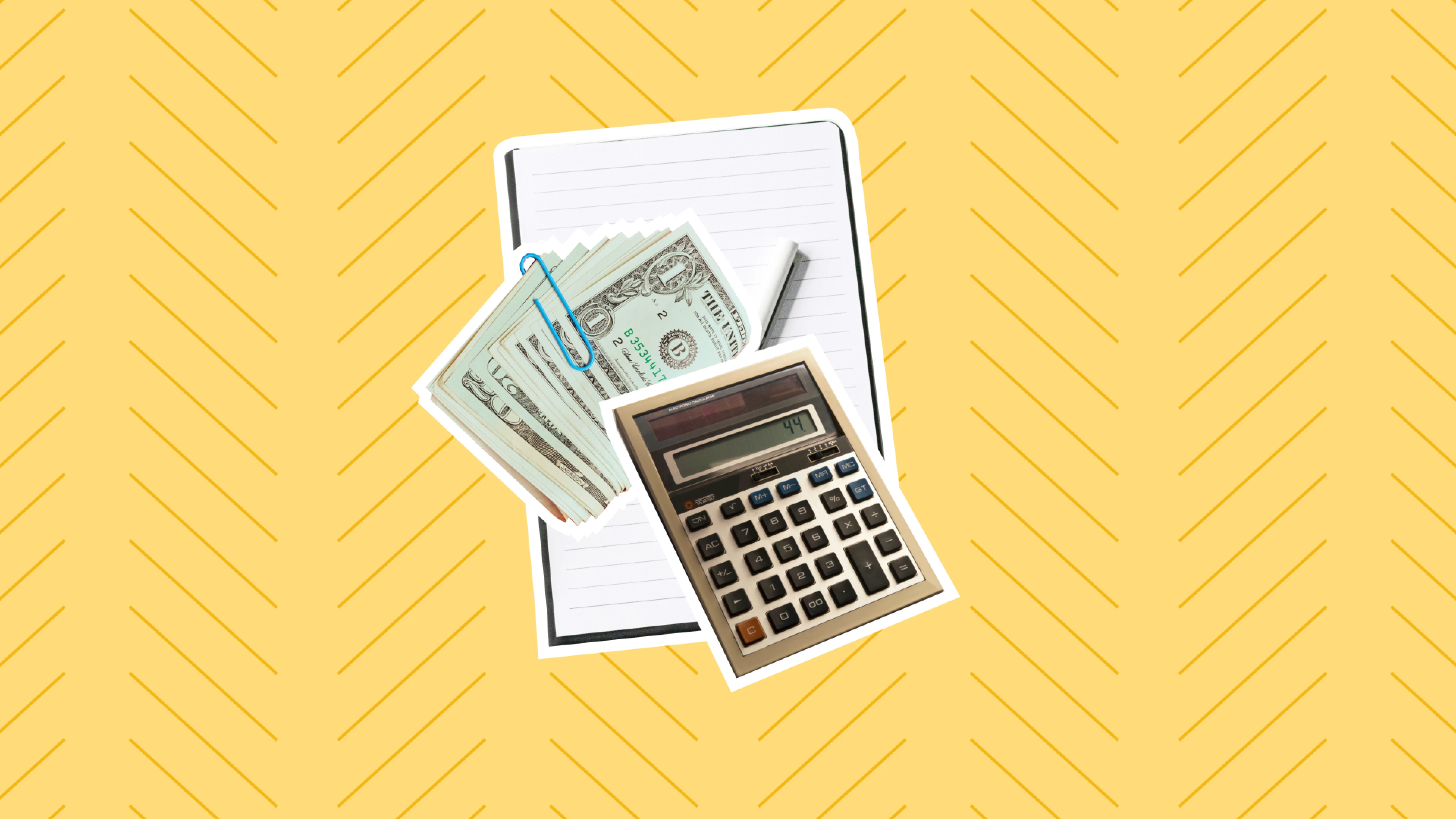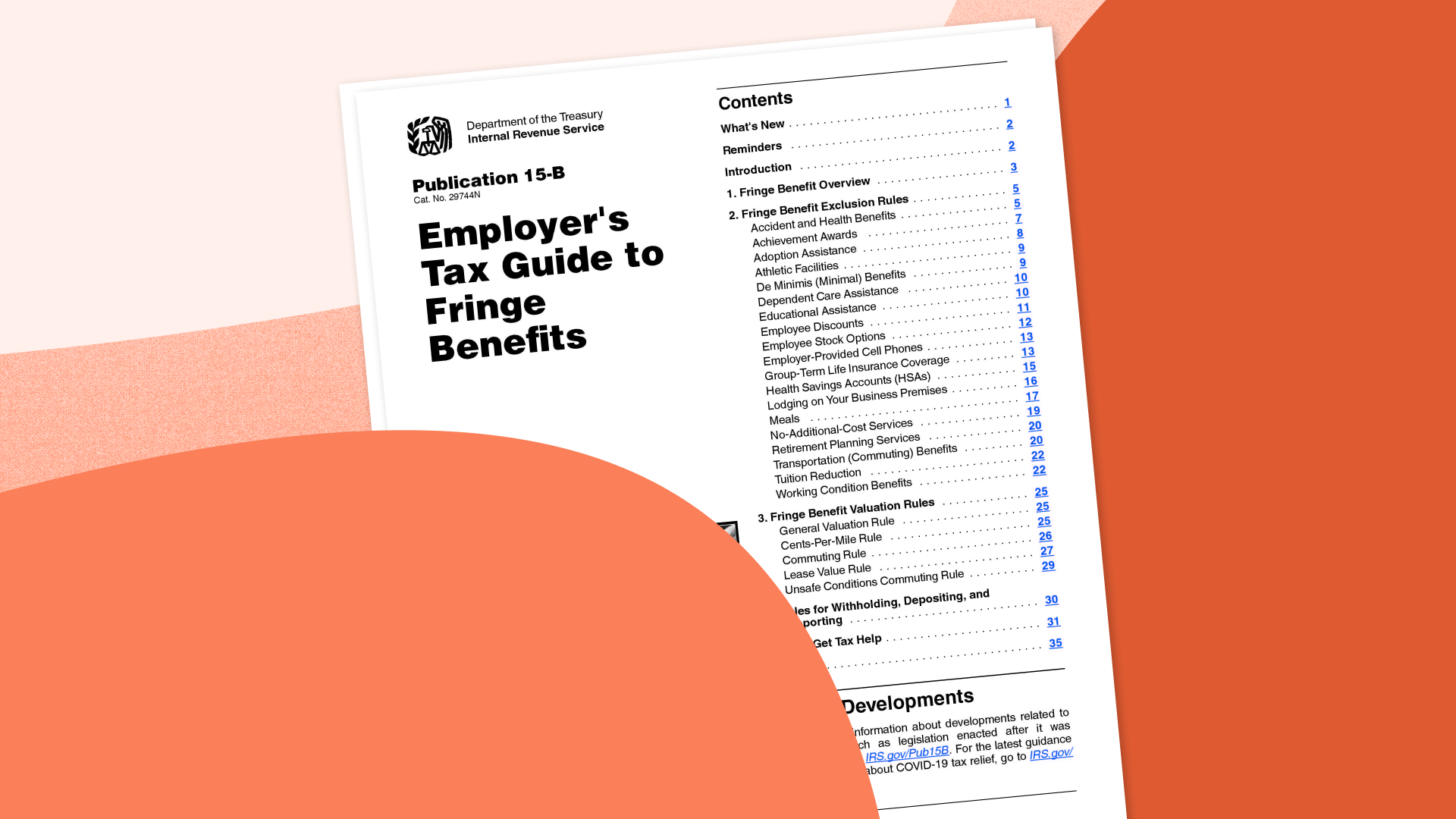As a self-employed professional, you have the freedom to work for yourself and be your own boss. However, with this freedom comes the responsibility of managing your own taxes. Unlike traditional employees, self-employed individuals are responsible for paying their own taxes and are not eligible for certain tax benefits.
But fear not, there are still plenty of tax deductions available for self-employed professionals that can help reduce your tax burden. In this article, we will discuss the most common tax deductions for self-employed individuals and how you can maximize them to your advantage.
What Are Tax Deductions?
Tax deductions are expenses that can be subtracted from your taxable income, reducing the amount of taxes you owe.
Why Are Tax Deductions Important for Self-Employed Professionals?
Tax deductions are a way for self-employed professionals to reduce their taxable income, which in turn lowers the amount of taxes they owe. This is especially important for self-employed individuals as they are responsible for paying both the employer and employee portion of taxes, which can add up quickly.
By taking advantage of tax deductions, self-employed professionals can save money and keep more of their hard-earned income. It is important to note that tax deductions are only available for legitimate business expenses and should be claimed accurately to avoid any issues with the IRS.
Keep Accurate Records
The key to maximizing tax deductions is keeping accurate records of all your business expenses. This includes receipts, invoices, and any other documentation that proves the expense was necessary for your business. It is important to keep these records organized and easily accessible in case of an audit.
Consult with a Tax Professional
Navigating the world of taxes can be overwhelming, especially for self-employed individuals. It is always a good idea to consult with a tax professional who can help you understand which deductions you are eligible for and how to claim them correctly. They can also provide valuable advice on how to structure your business to maximize tax benefits.
Common Tax Deductions for Self-Employed Professionals
Now that we understand the importance of tax deductions for self-employed professionals, let's take a look at some of the most common deductions you should be aware of.
Home Office Deduction
If you work from home, you may be eligible for the home office deduction. This deduction allows you to deduct a portion of your home expenses, such as rent, mortgage interest, utilities, and insurance, that are related to your home office. To claim this deduction, you must have a designated area in your home that is used exclusively for business purposes.
Business Supplies and Equipment
As a self-employed professional, you likely have expenses related to purchasing supplies and equipment for your business. These expenses can include office supplies, software, computers, and other necessary equipment. Keep track of these expenses and deduct them on your tax return to reduce your taxable income.
Travel Expenses
If you travel for business purposes, you may be able to deduct certain expenses related to your trip. This includes airfare, hotel accommodations, meals, and transportation costs. Keep in mind that these expenses must be necessary and directly related to your business in order to be deductible.
Health Insurance Premiums
Self-employed individuals are not eligible for employer-sponsored health insurance, but they can deduct their health insurance premiums on their tax return. This deduction can include premiums for medical, dental, and long-term care insurance for yourself, your spouse, and your dependents.
Retirement Contributions
Self-employed professionals can deduct contributions made to a retirement plan, such as a SEP IRA or Solo 401(k). These contributions not only reduce your taxable income, but they also help you save for retirement. It is important to note that the amount you can contribute and deduct may vary depending on your income and the type of retirement plan you have.
Education and Training Expenses
As a self-employed professional, it is important to continuously improve your skills and knowledge. Luckily, you can deduct expenses related to education and training that are necessary for your business. This can include courses, workshops, and conferences that help you improve your skills and stay up-to-date in your industry.
Advertising and Marketing Expenses
To attract clients and grow your business, you likely spend money on advertising and marketing. These expenses, such as website design, business cards, and online ads, are deductible as long as they are necessary and directly related to your business.
Professional Services
If you hire professionals, such as lawyers or accountants, to help you with your business, their fees are deductible. This includes fees for tax preparation, legal advice, and other professional services that are necessary for your business.
How to Maximize Your Tax Deductions
Now that you are aware of the top tax deductions for self-employed professionals, here are some tips to help you maximize them.
Keep Detailed Records
As mentioned earlier, keeping accurate records is crucial for maximizing tax deductions. Make sure to keep all receipts and invoices organized and easily accessible. You can also use accounting software to track your expenses and generate reports for tax purposes.
Separate Personal and Business Expenses
It is important to keep your personal and business expenses separate. This not only makes it easier to track your business expenses, but it also helps you avoid any issues with the IRS. Consider opening a separate bank account and credit card for your business to keep your finances organized.
Take Advantage of Tax Credits
In addition to tax deductions, self-employed professionals may also be eligible for tax credits. Tax credits directly reduce the amount of taxes you owe, making them even more valuable than deductions. Some common tax credits for self-employed individuals include the Earned Income Tax Credit and the Child and Dependent Care Credit.
As a self-employed professional, it is important to take advantage of all the tax deductions available to you. By keeping accurate records, consulting with a tax professional, and understanding the top deductions for self-employed individuals, you can reduce your tax burden and keep more of your hard-earned income. Remember to always stay informed and consult with a tax professional for personalized advice.
Justworks Can Help Your Business Stay Compliant
Justworks Payroll can assist with your employment-related payroll needs, both for as you're getting up and running, and as you grow and scale. Or, for a more robust payroll and HR solution, Justworks PEO can be a great fit. It can get you and your team access to benefits, and help you manage the other aspects of running your business.
Ready to learn more about how Justworks can help you free up time to spend on supporting your people and growing your business? Contact us today to get started.
Check out our newsletter
Monthly tips on running a business in your inbox.
Check out our newsletter

Learn more with Justworks’ Resources
Scale your business and build your team — no matter which way it grows. Access the tools, perks, and resources to help you stay compliant and grow in all 50 states.






